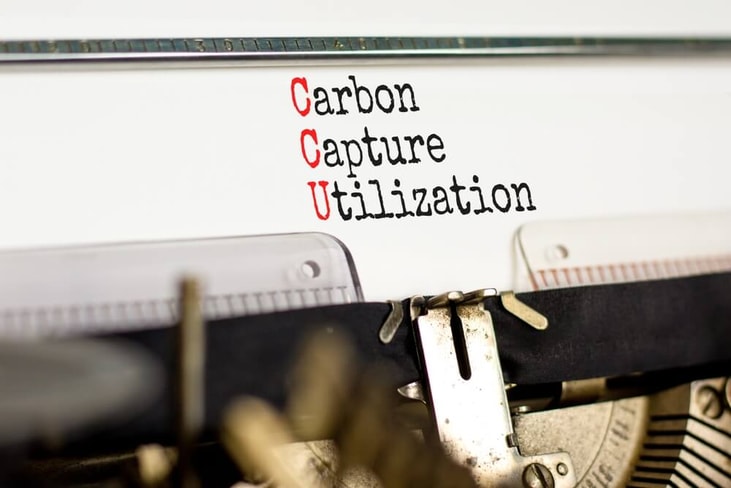CCU faces policy vacuum despite economic promise
Carbon capture and utilisation (CCU) technologies are facing a policy vacuum in the UK, despite their economic potential and role in achieving Net Zero emissions. This disparity between promise and policy was highlighted in a recent gasworld webinar by Despoina Tsimprikidou, Policy Officer at the Carbon Capture and Storage Association (CCSA).
“There is one thing that clearly stands out from the narrative so far, and that is the lack of clear targets and ambitions for CCU in public policy currently,” Despoina revealed, indicating a major gap in the country’s decarbonisation strategy.
This policy vacuum exists despite the UK government’s recent £22bn ($28.4bn) commitment to establish five carbon capture and storage (CCS) projects, aiming to capture and store 20-30 million tonnes of CO2 annually by 2030.
... to continue reading you must be subscribed
























